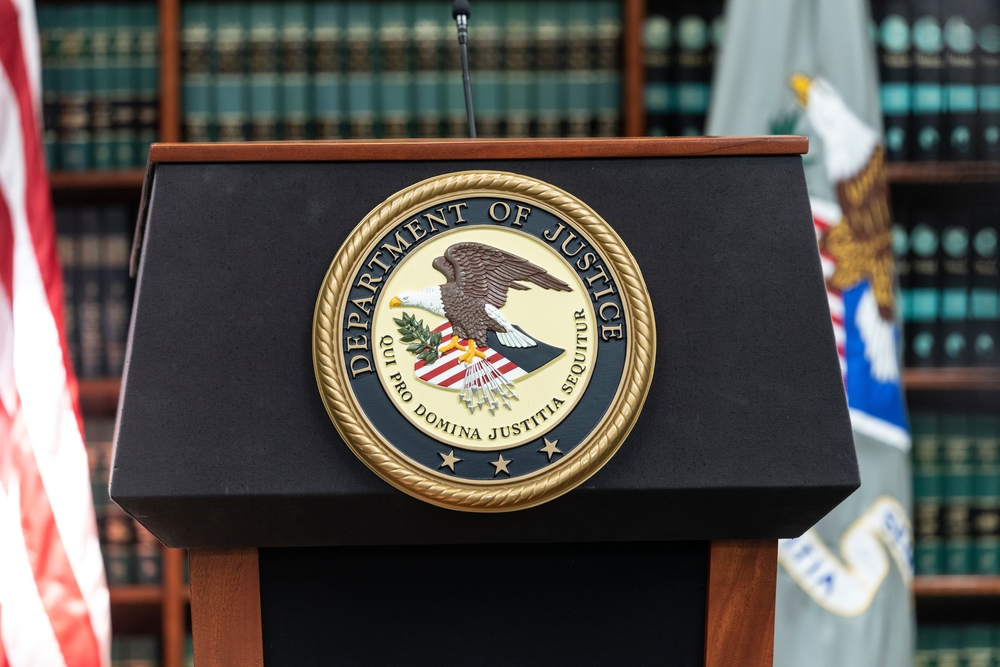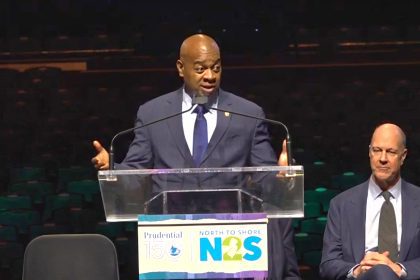The U.S. Department of Justice has recently suspended the Drug Enforcement Administration’s authority to conduct airport searches on passengers. This significant decision follows alarming findings from the DOJ’s Office of the Inspector General, which raised serious concerns about the DEA’s practices, including allegations of racial profiling and the unjust seizure of travelers’ money not connected to any criminal activity.
Background of the suspension
The OIG issued a memorandum, referred to as a “management advisory,” which outlines the new restrictions on DEA airport searches. According to the directive, such searches will only be permitted if they are linked to an ongoing investigation or if authorized by the DEA Administrator under urgent circumstances. This change aims to address the risks associated with the DEA’s current practices, which have been criticized for potentially violating the legal rights of innocent travelers and misusing law enforcement resources.
Concerns raised by the OIG
One of the most troubling issues highlighted by the OIG involves a confidential source working for an airline. This source allegedly received payment from a DEA office to provide tips on passengers who purchased tickets within 48 hours of their flight in specific U.S. cities. The OIG expressed concern that the DEA might have exploited this information to target individuals for airport searches shortly before their flights.
The OIG also pointed out that the DEA’s cold consent encounters — where agents ask for permission to search travelers — are optional. However, the memorandum questioned whether such requests, particularly when made as travelers are about to board their flights, could be seen as manipulative or coercive. This raises ethical questions about the pressure placed on travelers to comply with search requests.
Historical context of DEA practices
The OIG’s review of the DEA’s conduct is not the first of its kind. A previous investigation in 2017 revealed that many cash seizures by the DEA were initiated based on the immediate judgments of agents rather than solid intelligence regarding specific drug crimes. This pattern of behavior has led to longstanding concerns about racial profiling during encounters between federal law enforcement and travelers.
For over two decades, there have been allegations of racial profiling in the DEA’s operations. Notably, in 2003, the DEA ceased collecting data on whether consensual searches were conducted fairly. A 2015 report further indicated that DEA Task Force Groups (TFGs) had not documented the demographic information of travelers involved in consent encounters since 2003, raising questions about accountability and transparency.
Recommendations and future actions
In light of these findings, the DEA has agreed to implement the recommendations outlined in the OIG’s memorandum. This includes enhancing training and establishing clearer policies to mitigate the risks associated with airport searches. The goal is to ensure that the rights of travelers are respected and that law enforcement practices are conducted fairly and without bias.
The suspension of the DEA’s airport search authority marks a critical step toward addressing the concerns surrounding racial profiling and the violation of travelers’ rights. As the DOJ and DEA work to reform their practices, it is essential for the public to remain informed and vigilant about their rights when traveling. Ensuring that law enforcement operates within the bounds of the law is crucial for maintaining trust and safety in our communities.

















